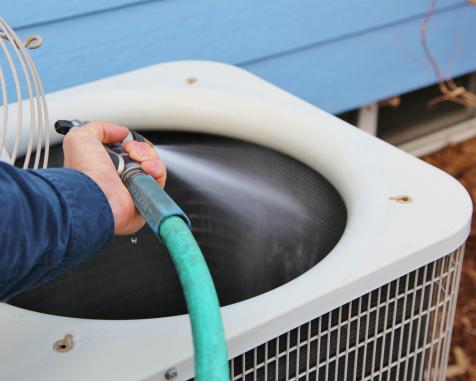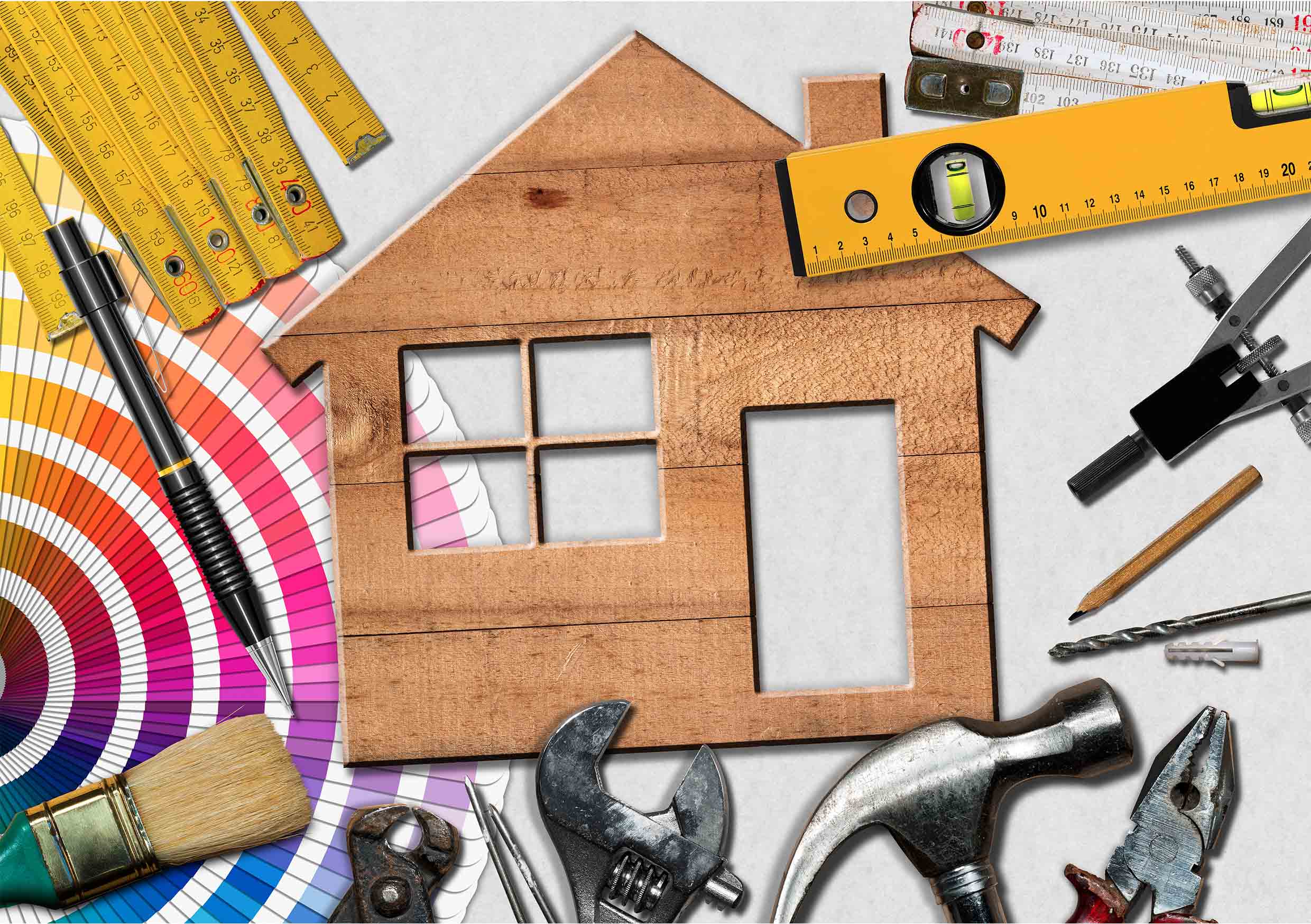
Introduction:
Maintaining your HVAC (Heating, Ventilation, and Air Conditioning) system is crucial for ensuring optimal performance, energy efficiency, and longevity. In this comprehensive guide, we’ll delve into essential HVAC system maintenance tips that will help you keep your home comfortable year-round while minimizing energy consumption and potential breakdowns.
Regular Filter Replacement:
One of the simplest yet most effective maintenance tasks is regularly replacing the air filters. Clogged or dirty filters restrict airflow, forcing the system to work harder and consuming more energy. Check your filters monthly and replace them every 1-3 months, depending on the type and usage.
Cleaning and Clearing Vents and Ducts:
Ensuring that vents and ducts are clean and unobstructed is vital for proper airflow. Over time, dust, debris, and even mold can accumulate, affecting air quality and system efficiency. Periodically vacuuming vents and scheduling professional duct cleaning can enhance the overall performance of your HVAC system.
Inspecting and Cleaning Coils:
Both the evaporator and condenser coils in your HVAC system can accumulate dirt over time. Clean coils are essential for efficient heat exchange. Regular inspection and cleaning of these coils can prevent energy waste and potential overheating, helping your system run smoothly.
Checking Refrigerant Levels:
Proper refrigerant levels are crucial for the efficient operation of your air conditioner. Low refrigerant levels can lead to decreased cooling efficiency and potential damage to the compressor. If you notice a decline in cooling performance, consult a professional to check and recharge the refrigerant.
Calibrating Thermostat Settings:
A properly calibrated thermostat is essential for accurate temperature control and energy efficiency. Periodically check and calibrate your thermostat settings to ensure they align with your comfort preferences. Consider upgrading to a programmable thermostat for automated temperature adjustments, optimizing energy usage.
Inspecting and Lubricating Moving Parts:
HVAC systems contain various moving parts, such as fans and motors, that require regular inspection and lubrication. Proper lubrication reduces friction, minimizes energy consumption, and extends the lifespan of these components. Consult your system’s manual for guidance on lubrication intervals and suitable lubricants.
Checking Electrical Connections:
Loose or faulty electrical connections can pose a significant risk to your HVAC system. Regularly inspect wiring and electrical components, ensuring tight connections and addressing any signs of wear or damage promptly. For safety reasons, it’s advisable to have a professional handle electrical inspections.
Testing and Calibrating Controls:
Your HVAC system’s controls, including the start cycle, shut-off sequence, and overall operation, should be periodically tested and calibrated. Ensure that the system starts, operates, and shuts down as intended. If you notice irregularities, seek professional assistance to address potential control issues.
Scheduling Professional Maintenance:
While many maintenance tasks can be performed by homeowners, scheduling professional HVAC maintenance is essential for a comprehensive inspection. Professional technicians can identify and address potential issues, perform thorough cleaning, and optimize system performance. Consider an annual or bi-annual maintenance agreement with a reputable HVAC service provider.
Conclusion:
Investing time and effort in regular HVAC system maintenance not only ensures year-round comfort but also contributes to energy efficiency and cost savings. By adopting a proactive approach to maintenance, you can extend the life of your HVAC system, minimize the risk of breakdowns, and enjoy a healthier indoor environment.
For more in-depth insights into HVAC System Maintenance, visit PlayAsSustentable.com.



